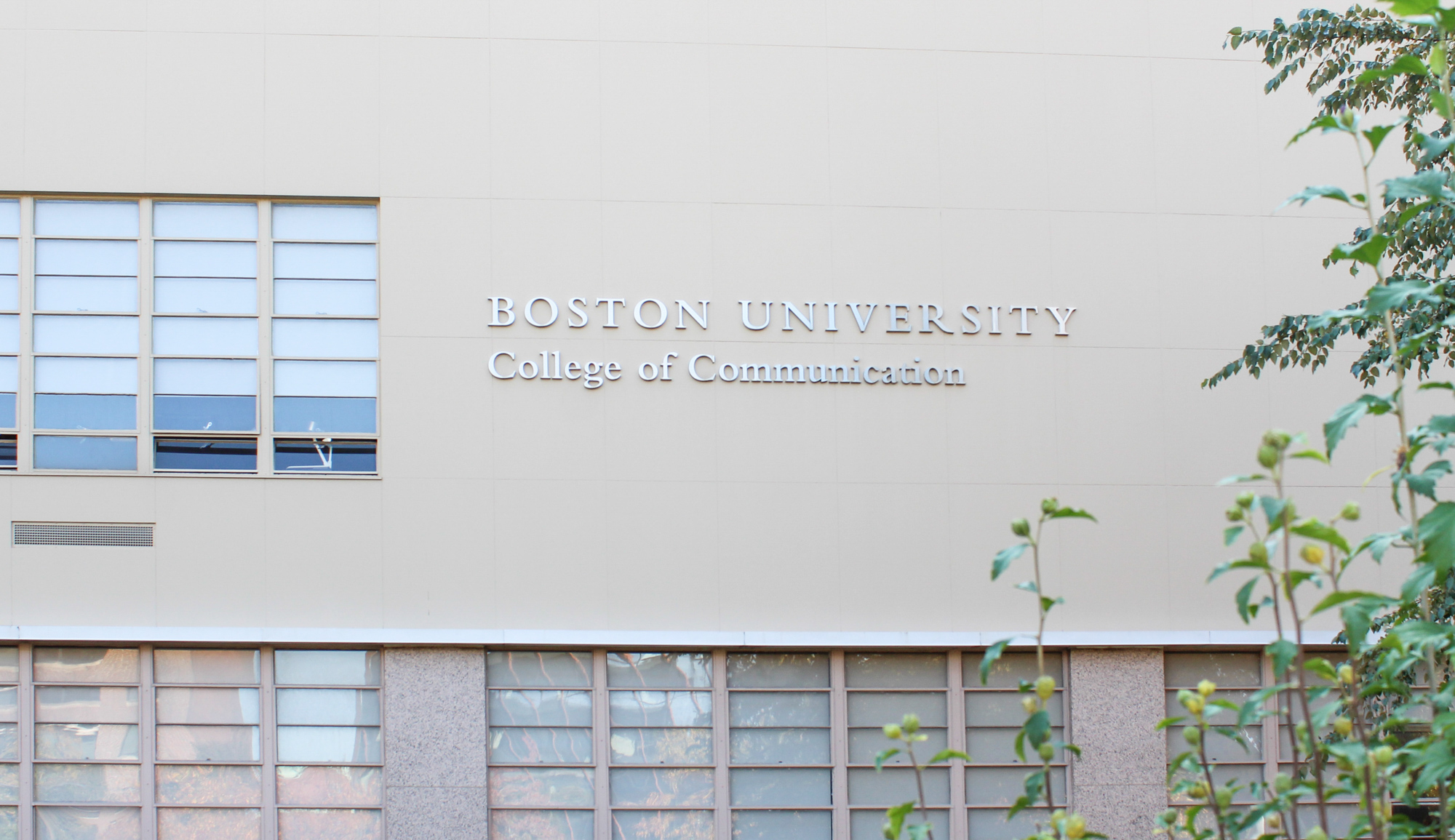Boston University’s College of Communication recently unveiled the Center on Media Innovation for Social Impact, an initiative aiming to create ethical and reliable media in a time of societal distrust.

Directed by Department of Journalism Professors of the Practice Eric Gordon and David Abel, MISI will tackle key questions about disbelief in media and the different methods of media production to formulate trustworthy messages.
“We’re in this crisis of distrust, not just in the media, but in all the institutions that comprise our democracy,” Gordon said.
Planning for the center began a few years ago, led by Gary Sheffer, a former professor of public relations at COM. A grant from the Andrew W. Mellon Foundation allowed the center to partner with scholars from the BU Center for the Humanities.
“MISI is committed to civic science, which is where scientific and local knowledge come together to address societal challenges,” wrote COM Dean Mariette DiChristina in an email to The Daily Free Press. “MISI is open to a wide range of topics relevant to the Boston area, including climate justice, housing, and more.”
While environmental justice is not the primary focus of the center, Gordon said communication issues regarding climate change are largely relevant to the work MISI hopes to accomplish.
Gordon said he seeks to work with government and community organizations to expand their work beyond the University, including GreenRoots, an environmental justice organization in Chelsea, the Alternatives for Community and Environment in Roxbury and violence prevention communities in Boston.
“Despite greater access than ever to digital platforms, it is often difficult for communities to tell their own stories and participate in democratic processes,” DiChristina wrote. “By helping interdisciplinary teams to connect and co-create solutions, MISI will help support our democracy and strengthen our information ecosystem.”
“I was Chairman of the Department and so I looked at [MISI] in a curricular sense,” said William McKeen, former chairman of the Department of Journalism and current journalism professor. “I thought, okay, what are the issues? Race, climate change, immigration, you name it. [Then] give students opportunities to take courses in those areas with the brilliant people on the BU faculty and other colleges, and then have a home course here where we put what we learned into practice.”
Gordon said MISI will implement a Community Fellowship Program to expand its influence to individuals in the greater Boston area who do not have access to the resources BU offers.
“The goal is to recruit three to five fellows from the community, who are leaders in their community … and invite them to affiliate with BU as a fellow,” Gordon said. “Pay them, give them development opportunities … [and] create opportunities for leadership development by affiliating with BU for a year.”
MISI will create an interdisciplinary team of “students, scholars, scientists, artists, journalists, and community leaders,” utilizing resources available at COM, according to DiChristina.
“There’s so much expertise within the College of Communication right now, and I want to provide a vehicle for people to direct their expertise towards some of these issues,” Gordon said. “The center can provide a place for people to come together toward achieving these common goals.”
While no courses have been implemented for students through MISI in the next academic year, COM faculty said they hope to develop classes in the future. Job opportunities like research assistants or project managers will be available, Gordon said.
Gordon said he hopes to work with students to facilitate workshops, provide leadership opportunities and involve the larger community through monthly fellows meetings.
While specific student involvement with the center is still being developed, McKeen, who was also a leader in the early brainstorming of MISI, said students have participated in early meetings and are likely “going to be part of it.”
“They were really enthusiastic,” McKeen said. “Their ideas are going to live on as this comes into being.”



















































































































